
Hearing Tests in Singapore
We provide hearing tests in Singapore to diagnose hearing loss and related problems for individuals of all degrees of hearing loss and communicative impairment. Our centre works closely with a variety of specialists at Mount Elizabeth Hospital to provide effective treatment plans. We also offer a full hearing aid and assistive listening devices as well as adult aural rehabilitation and management for tinnitus and hyperacusis.
For our children services, see Hearing Tests and Services for Children.
Our hearing tests are split into screening and diagnostic services:
Screening
Hearing screenings take an average of 15 minutes to complete however do set aside 30 minutes for your appointment so that our audiologist may answer all your questions and concerns about your hearing.

For Workers (Industrial)
We partner with occupational health doctors and general practitioners to provide off-site hearing screening and evaluative reports for each employee tested.[expand title=”Read More” swaptitle=”Close” trigpos=”below”]
Do note you’ll need a referral from your primary care provider or specialist to make an appointment for industrial screening.
Tests Done
- Otoscopy
- Pure Tone Audiometry
- Speech Audiometry (Only for pilots, military…etc)[/expand]
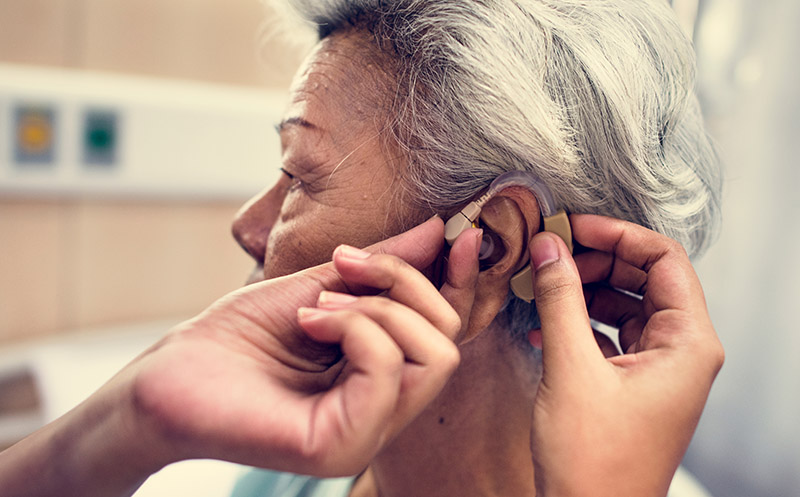
For Individuals
From the age of 18 to 50, hearing screening should be part of a person’s annual physical. As hearing loss often occurs gradually, most people only notice their symptoms when their [expand title=”Read More” swaptitle=”Close” trigpos=”below”]hearing has deteriorated to a more severe category.
It is recommended that all individuals have a baseline hearing examination done, to detect abnormalities quickly.
Tests Done
- Otoscopy
- Pure Tone Audiometry
- Tympanometry (Optional)[/expand]

For Early Dementia Individuals
Many people with dementia will also have hearing loss. Reason being: it is common for people to develop gradual hearing loss as they age. Early age-related hearing loss increases the risk of developing dementia.[expand title=”Read More” swaptitle=”Close” trigpos=”below”]
If the person has dementia, it may be assumed that there is no point having a hearing test as they won’t be able to manage the test. However, it’s important for them to have regular hearing checks to the most of their hearing – for example, by using hearing aids. Hearing better minimises isolation from family and friends, decreases dependence on family and in many cases reduces the risk of dementia.
Tests Done
- Otoscopy
- Modified Audiometry[/expand]
Diagnostic
For effective treatment of hearing loss, we conduct a series of investigative tests to find out which part of the ear caused the hearing loss. All our diagnostic investigations are non-invasive and includes behavioural and physiological tests. Depending on your case history your examination may include some or all of these tests:
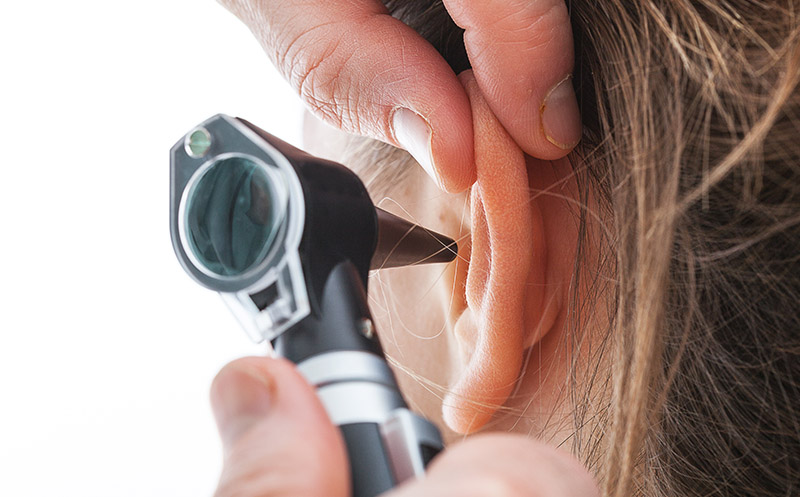
Otoscopy
We look into your ears to check for any earwax, dirt or abnormalities such as infections. We will also check if your eardrum is intact and healthy.
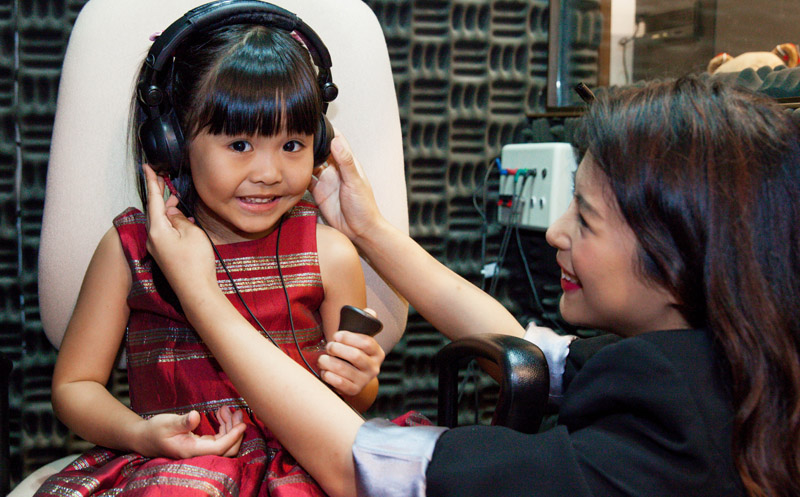
Pure Tone Audiometry
You will be seated in a specialised sound booth and we will play a variety of sounds at different pitches in order to find the softest sounds you can hear.
We will then plot a chart and diagnose your hearing ability based on this test.
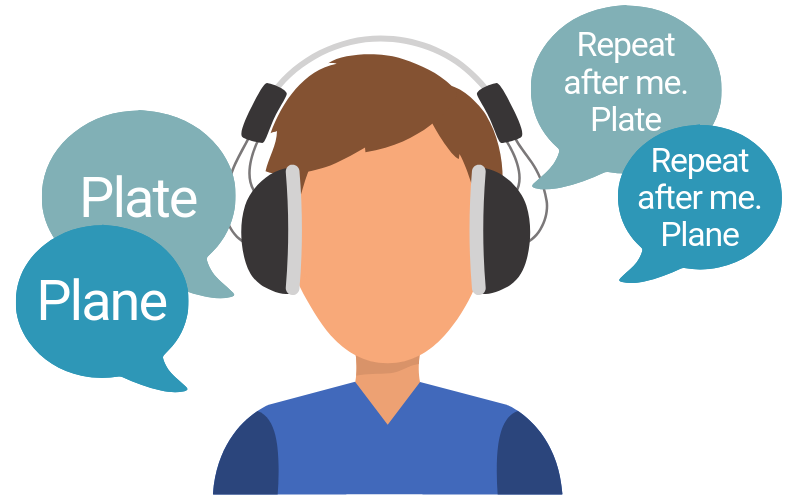
Speech Audiometry
You will be seated in a specialised sound booth and listen to a list of words and be asked to repeat them. We then determine how well you recognise and detect speech.
We are also able to determine if you face any discomfort or intolerance to any speech stimuli.
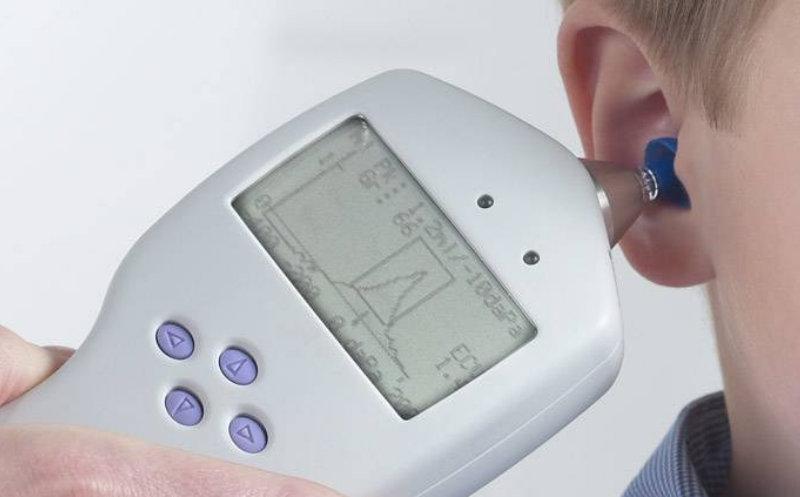
Tympanometry
Some conditions of the outer or middle ear may not be visible during otoscopy. Hence we use a small handheld device that changes the air pressure in your ear and measure the movement of your eardrum.
This helps us check for infections, holes in the eardrums or any separations of bones within the middle ear.
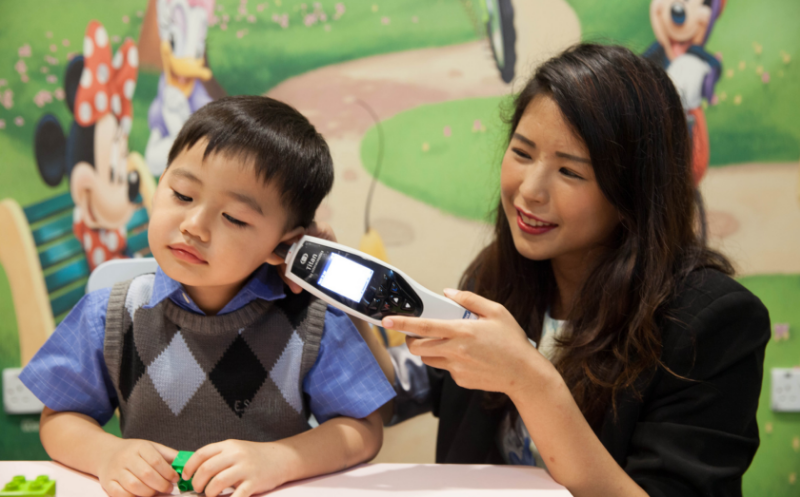
Acoustic Reflex Threshold
We use a small device to play sounds in your ears for a few seconds. This stimulates your middle ear reflexes and we look for any abnormal reflexes which could contribute to hearing loss.
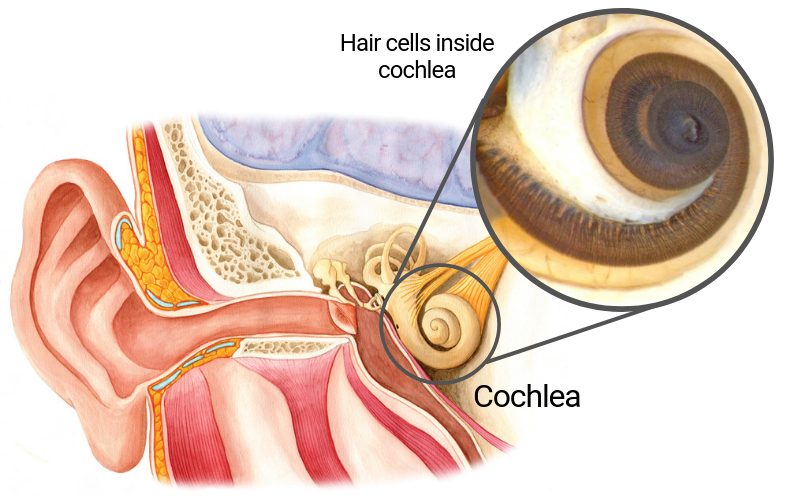
Diagnostic Otoacoustic Emissions
We play some sounds in your ear and measure tiny “echo” which your inner ear emits in response to sound. This helps us identify if there is any damage in the inner ear which contribute to hearing loss.

Retrocochlear Screening
Patients with unilateral or asymmetrical hearing loss are usually sent for MRI to screen for retro cochlear (8th nerve and extra-axial brain stem) pathologies.
However, as some patients are not suitable or unwilling to have an MRI, we conduct a series of traditional screening tests including audiometry tests or auditory brainstem response (ABR) to check for cochlear and retro-cochlear lesions.
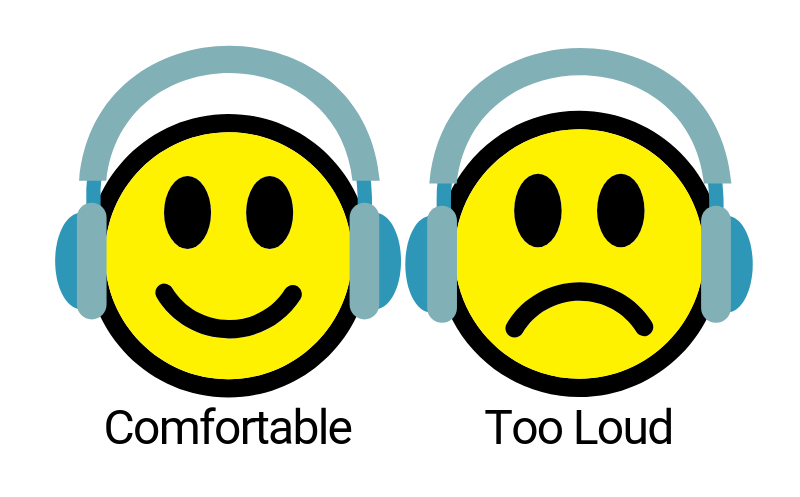
Most Comfortable Loudness (MCL) Test
We play sounds to find out what is the loudness sound that is most comfortable for you. The information will help us understand the range of sounds you can tolerate and ensure that your hearing aids remain comfortable enough to wear all day.
Do I need a hearing test?
Hearing loss starts out with sounds being distorted – not getting softer. Hence it often goes undetected for many years.
Anyone who notices that he or she has difficulty hearing in social situations, ringing in the ears (tinnitus) or general discomfort in the ears should have a hearing test done. Often, family and friends are the first to notice early signs of hearing loss such as misunderstanding or responding inappropriately to questions, asking others to repeat themselves, withdrawing from conversations or setting the television or music louder than normal. If you notice this early warning signs in yourself or loved ones don’t hesitate to get your hearing checked.


